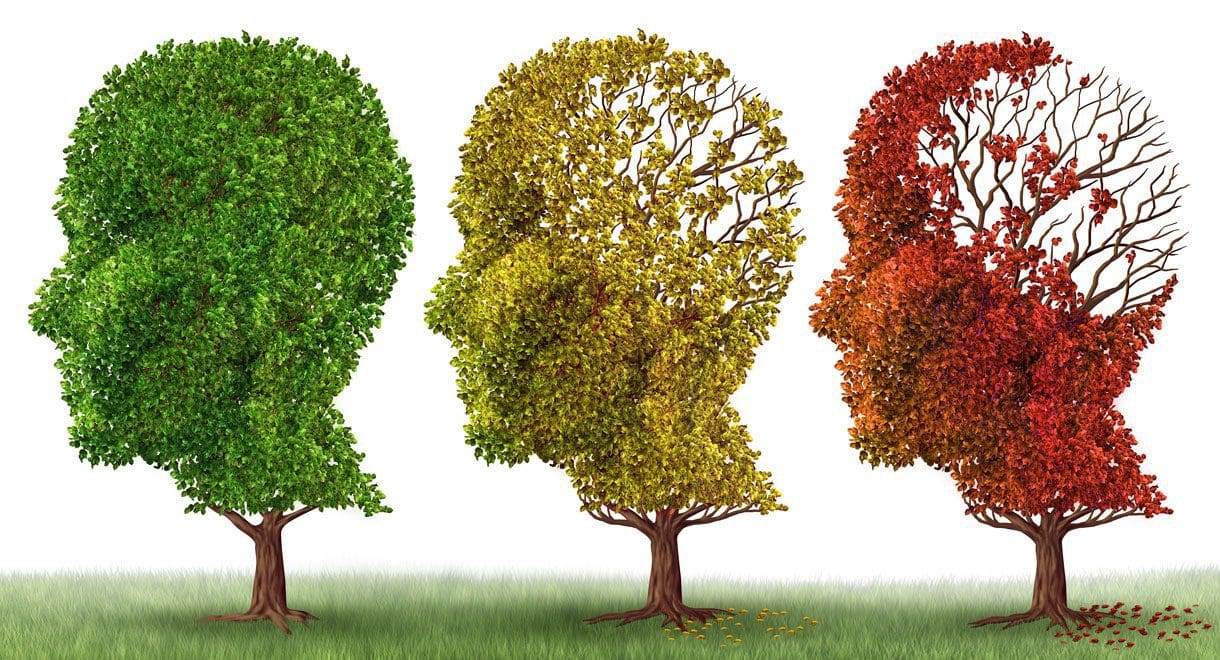Fasting Helps Improve Your Brain Function
Going for longer periods between meals may help slow the effects of aging on your brain.
In recent years there has been a renewed interest in fasting. Intermittent fasting has helped many people lose weight and it can even improve immune function in people with autoimmune disease. Fasting has a long history of use for both medicinal and religious purposes. Also, let’s face it, if we think far back in human history, food was not always available. Sometimes humans had to go for days without eating. That’s why we have the ability to store body fat; to keep something tucked away for periods of scarcity. In today’s world most of us are lucky enough to have plenty of food available whenever we want it.
Several studies have shown that fasting is good for the health of your brain. Short term fasting induces neuronal autophagy. Autophagy means self eating. So it refers to the process where cells recycle waste materials and repair themselves. The health of your brain is largely dependent on neuronal autophagy. Not doing enough of it has been shown to speed up neurodegeneration.
Fasting also raises levels of Brain Derived Neurotropic Factor (BDNF). This substance has been receiving a lot of attention recently. It regulates memory, learning, and higher cognitive functions. You want high amounts of it in your brain. Low levels are strongly associated with dementia.
One Silicon Valley start-up recently made the news because it starves its employees. Well, not really. The employees all perform a 36 hour fast each week. They eat dinner Monday night and then don’t eat again until breakfast time on Wednesday. Productivity really escalates every Tuesday and the employees are happy with the effects.
Of course fasting is not suitable for everyone. Please only attempt it if your doctor has given you the green light.
Read more:
http://www.ncbi.nlm.nih.gov/pubmed/20534972
https://nypost.com/2016/07/13/silicon-valley-start-up-proudly-starves-its-employees/


Leave A Comment